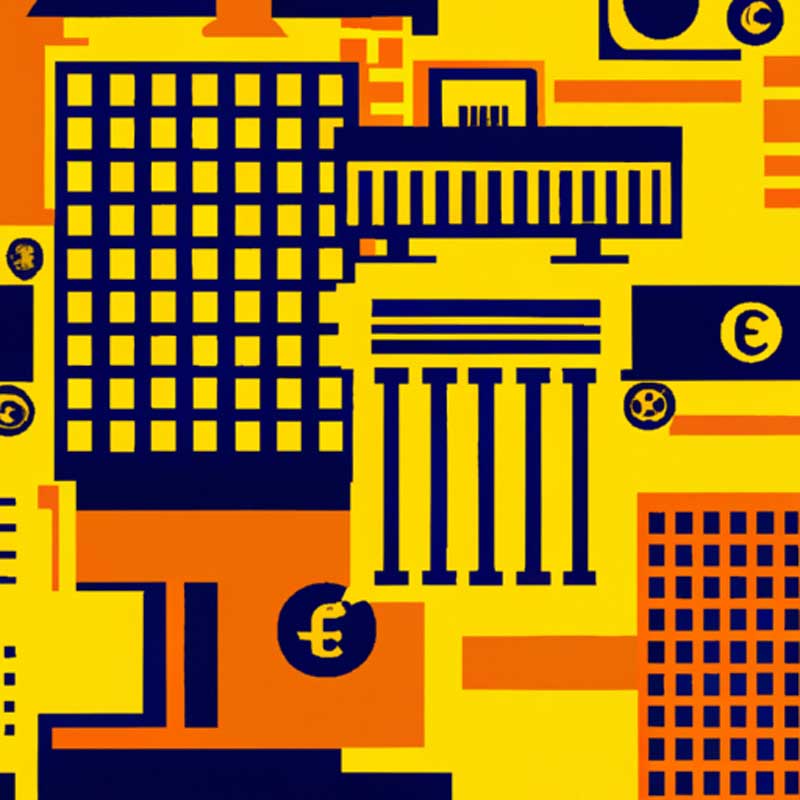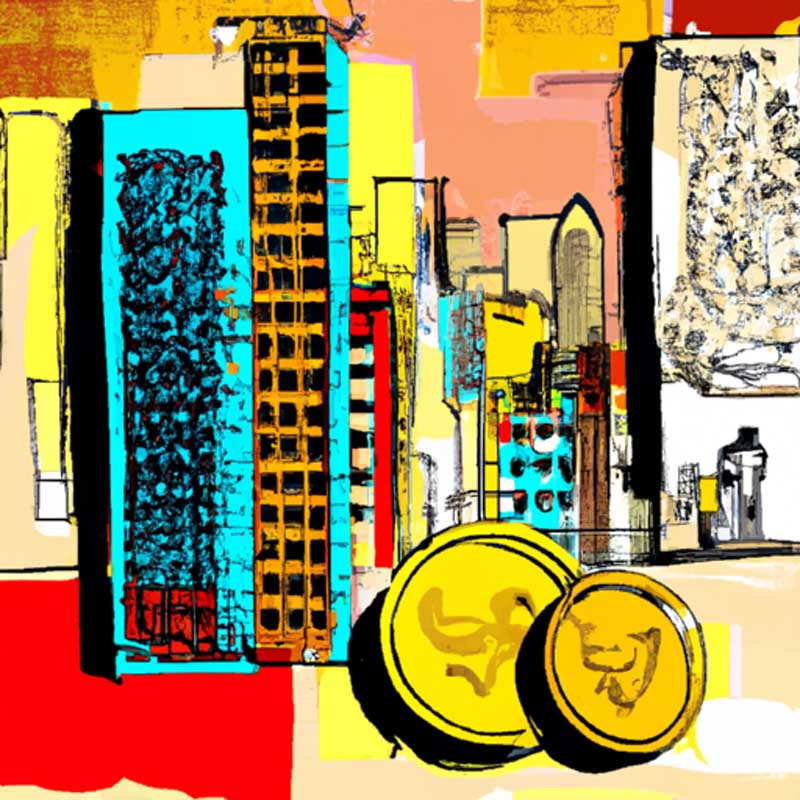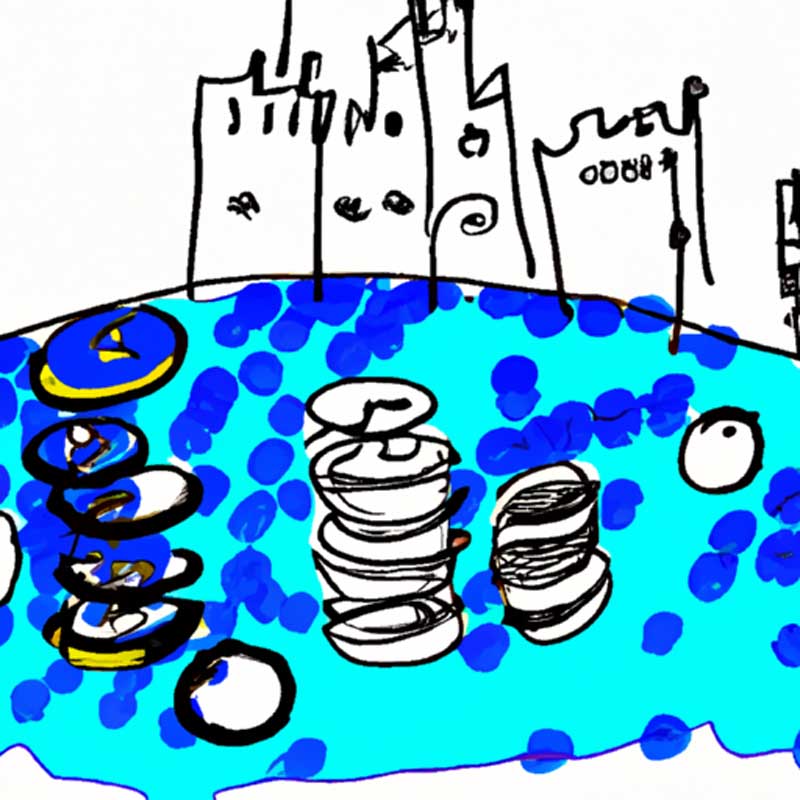TLDR: Ghana’s new finance minister, Mohammed Amin Adam, has pledged to keep the country’s $3 billion IMF program on track. The program aims to finish restructuring Ghana’s overseas debt before the December election. Some analysts fear that the new minister may relax fiscal consolidation to boost the ruling party’s electoral fortunes. However, Adam has assured the IMF and investors that he will stick to commitments and speed up negotiations with the World Bank to access funding tied to the bailout program.
Ghana’s new finance minister, Mohammed Amin Adam, has promised to continue with the country’s $3 billion International Monetary Fund (IMF) program to restructure its overseas debt before the December election. Adam, a petroleum economist who previously served as a minister of state at the finance ministry, replaced Ken Ofori-Atta in a cabinet reshuffle. Ofori-Atta negotiated the IMF bailout loan to address Ghana’s worst economic crisis in a generation, which saw inflation and debt servicing costs rise sharply in 2022.
With only nine months until the December election, some analysts are concerned that the new finance minister may relax fiscal consolidation in order to improve the electoral fortunes of the ruling party. However, Adam has stated that he is committed to ensuring that the IMF program remains on track, telling a radio station in Accra, “I am going to make sure that the (IMF) program doesn’t truncate.” He has also assured the IMF and investors that he will stick to commitments and accelerate negotiations with the World Bank to access funding tied to the bailout program.
The IMF has shown its support for the new finance minister, who has an important task ahead of him to navigate Ghana through its economic challenges and restore stability. The World Bank recently approved $300 million for Ghana after the country reached a deal to restructure $5.4 billion in loans with its official creditors. Ghana is entitled to a three-part, $900 million Development Policy Operation loan from the World Bank, and Adam has stated that negotiations for the next disbursement will soon begin.
Overall, the appointment of Mohammed Amin Adam signals a commitment to continuity in Ghana’s economic policies and efforts to address the country’s economic challenges. While some concerns remain about potential political motivations, Adam’s assurances to the IMF and focus on financial commitments indicate a determination to uphold fiscal responsibility and maintain the progress made under the IMF program.









